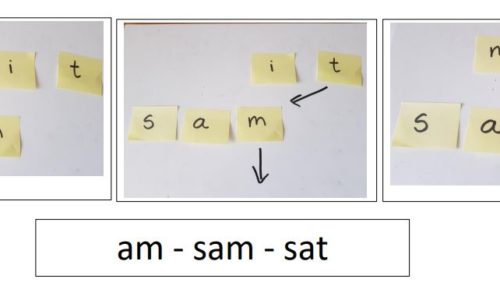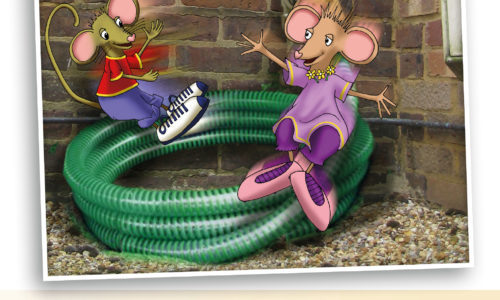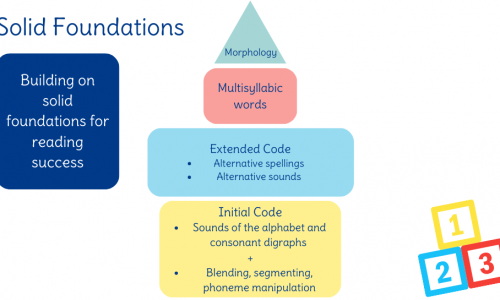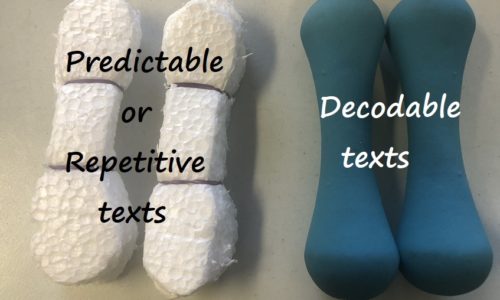
Often when I read with a pupil, I need to remind her/him (and myself) to point to the words. As fluent readers we don’t point to words on the page, but sometimes if we come across a difficult or new word we are trying to work out – we will use our finger to work […]
Read More






